3 Times Dentists Say You Should Never Brush Your Teeth
Brushing your teeth might feel like the ultimate reset button, especially after a strong cup of coffee or a late-night snack. But dental experts say there are a few moments when brushing can actually do more harm than good. Timing matters more than most people think, and knowing when to hit pause on your brushing routine could save your enamel in the long run.
Right After Vomiting
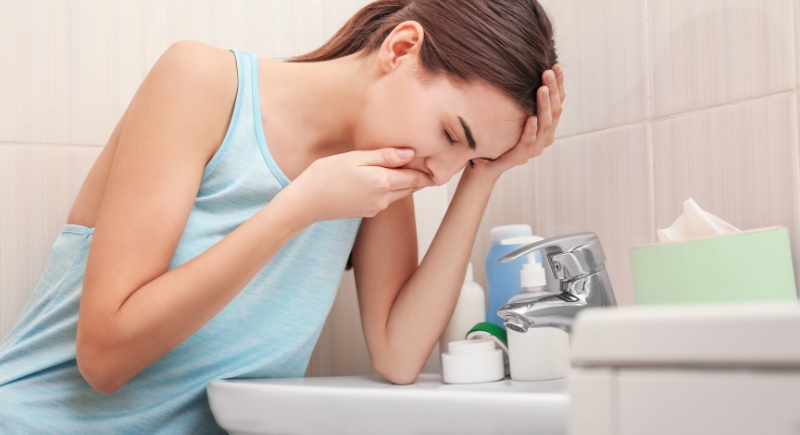
Credit: pixelshot
As gross as it is, the instinct to brush after vomiting makes sense. But your teeth are coated in stomach acid, and brushing rubs that acid in deeper. Dentists suggest rinsing with plain water or a fluoride mouthwash instead.
Following a Citrus Binge
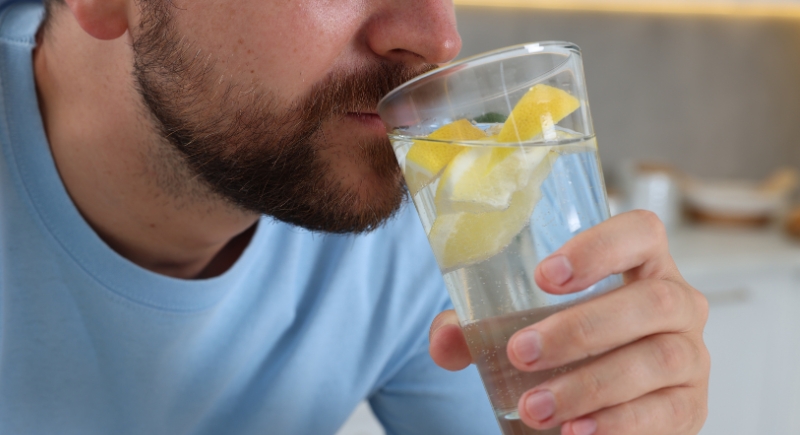
Credit: Canva
Oranges, grapefruits, and lemons are vitamin-packed, but they leave your enamel softened. Brush too soon, and you risk scrubbing away that protective surface. A smarter move would be to rinse, wait it out, and then brush. This gives your saliva time to balance the acidity.
After Morning Coffee
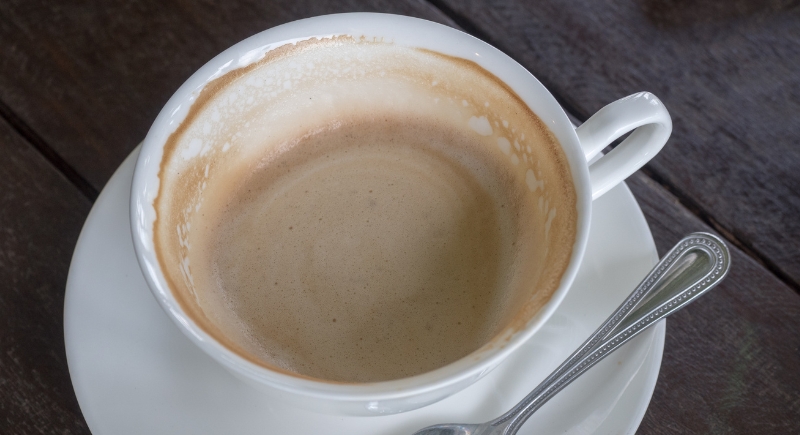
Credit: Getty Images
Think twice before brushing right after your morning brew. Coffee’s acidity lingers and softens enamel just enough to make brushing risky. Swishing with water first helps. Even better, wait 20 to 30 minutes. That break can keep stains from getting ground in and enamel from wearing thin.
Immediately After Eating Breakfast
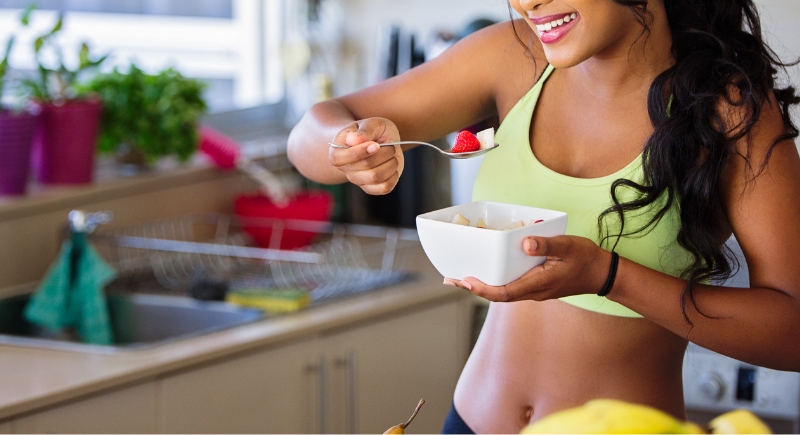
Credit: pexels
Brushing immediately after breakfast might feel responsible, but not all breakfast foods play nice with enamel. Juice, toast, and fruit raise acid levels. Instead of brushing right away, rinse, handle your routine—get dressed, check emails—and then go back to brushing when your mouth has reset.
Post-Sports Drink Gulping

Credit: pexels
Sports drinks are notorious for their sugar and acid combo. However, that tangy swig mid-workout weakens your enamel fast. Brushing now just adds friction to already fragile teeth. Let your saliva work its magic first. Or if you’re on the move, chew sugar-free gum to help speed recovery.
After Eating Tomatoes or Red Sauce
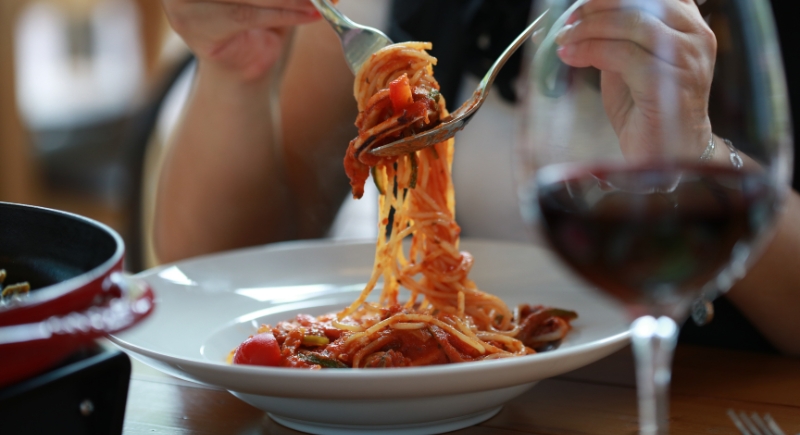
Credit: pexels
Tomato sauce is delicious, but also loaded with acid. Pizza, pasta, or even salsa can leave your mouth vulnerable. Rushing to brush right after may seem like a cleanup win, but it’s rough on your enamel.
Right After Soda, Diet or Not
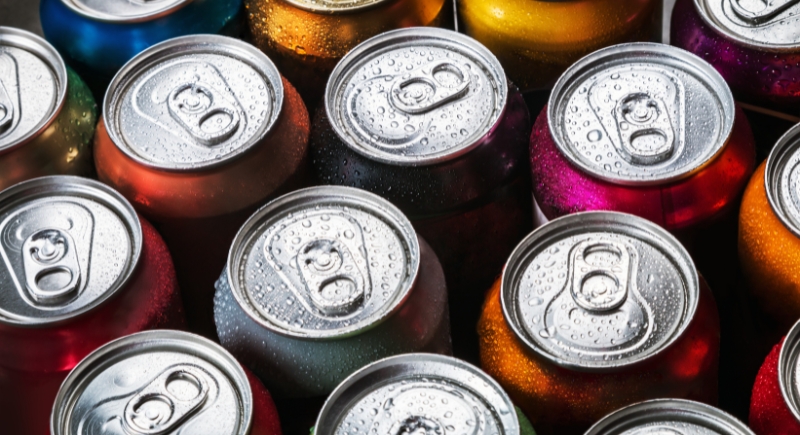
Credit: Getty Images
Even diet sodas come loaded with tooth-eroding acid. That fizzy drink lowers your mouth’s pH, and brushing right away pushes acid deeper into your enamel. Rinse with water first. A quick chew of sugar-free gum helps, too. Then brush later, once your teeth are less vulnerable.
After Eating Dried Fruit
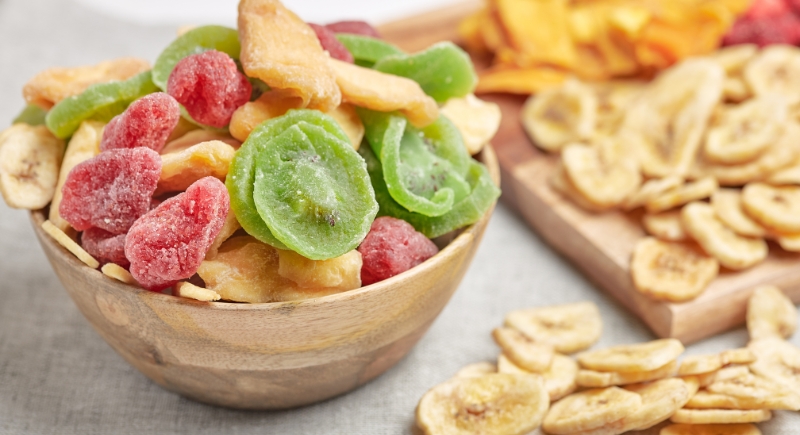
Credit: Canva
Dried fruit sticks like glue and contains concentrated sugars. That sticky residue feeds bacteria that produce enamel-eroding acid. Brushing immediately may feel proactive, but it’s better to dislodge bits with water or floss and then hold off.
Following a Beverage Tasting
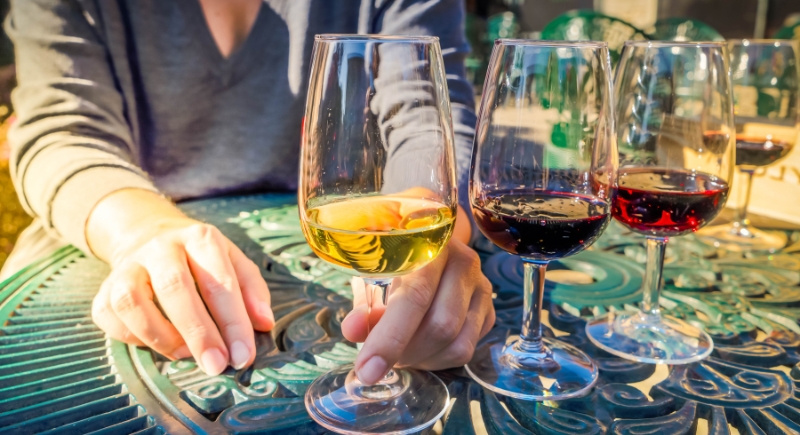
Credit: Canva
Red or white, some beverages are acidic enough to soften enamel, especially when sipped slowly over time. If you brush right after, you’re not scrubbing away stains; you’re potentially scrubbing off protection.
Directly After Eating Candy
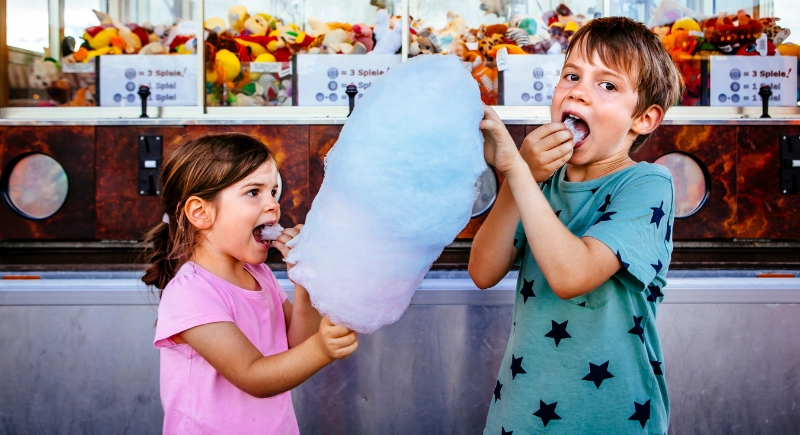
Credit: Canva
Chewing chewy treats floods your mouth with sugar and acid. It’s tempting to brush straight away, but enamel needs time to bounce back. Dentists suggest rinsing or chewing sugar-free gum while you wait.
After an Acid Reflux Episode
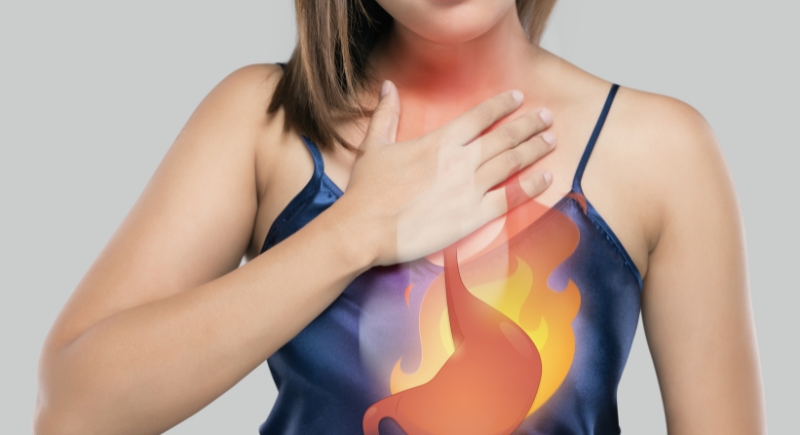
Credit: Getty Images
For people with acid reflux, brushing after an episode can feel like damage control. But the acid that creeps into your mouth also softens enamel. Scrubbing during that window increases sensitivity and wear.
Right After a Smoothie
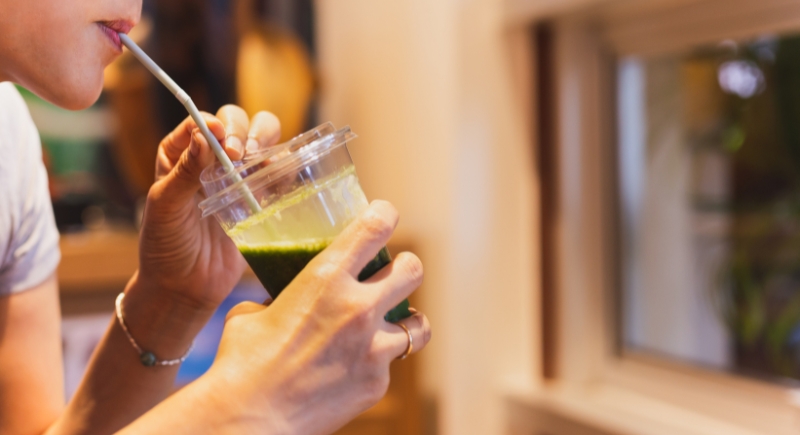
Credit: Canva
Smoothies are sneaky. They seem wholesome, but often pack sugar and fruit acids into a tooth-coating blend. That berry-citrus combo softens enamel without you even realizing it. Wait 30 minutes after drinking before brushing—by then, your saliva has had a chance to start repairing the damage.
After Chewing Sour Candy
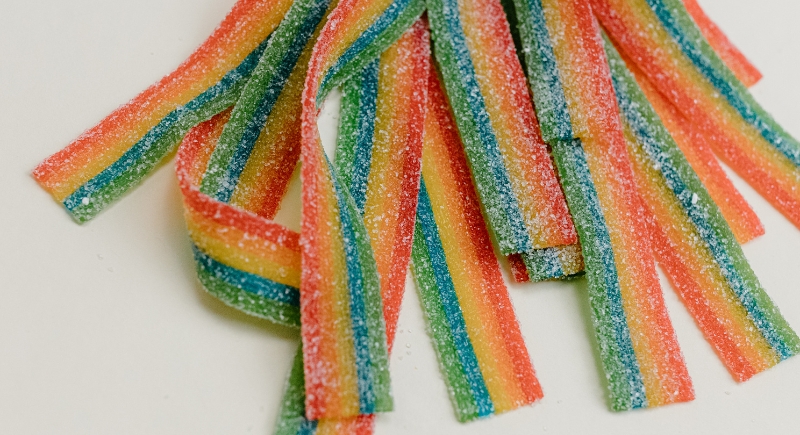
Credit: pexels
Sour candies are double trouble: acidic and sugary. That sour zing means your enamel’s temporarily weakened. Rather than reaching for a toothbrush, start with water and maybe a fluoride rinse.
After Having Vinegar-Based Foods
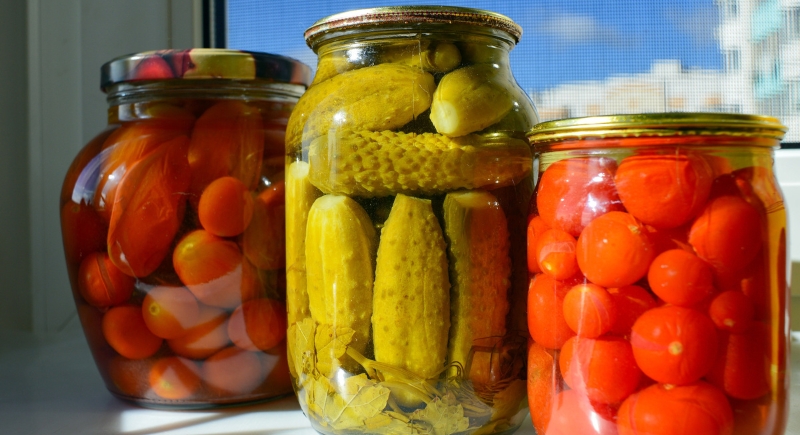
Credit: pixabay
Pickles, salad dressings, and hot sauces often contain vinegar, which is acidic enough to soften enamel. Brushing now means your toothbrush might be doing more harm than good.
When Your Mouth Feels Bone-Dry
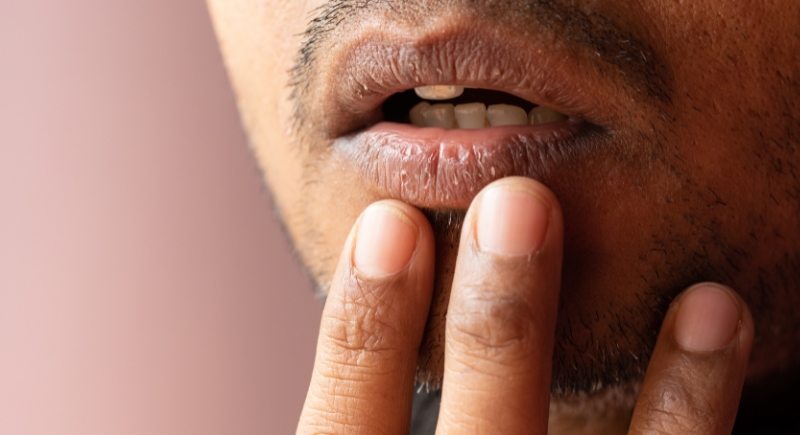
Credit: Getty Images
If your mouth feels like the Sahara, hold off on brushing. Dry mouth means less saliva, which is your mouth’s built-in enamel shield. Drink water first to rehydrate, or chew some gum. Once things are back to normal, your toothbrush will work better and feel less abrasive.